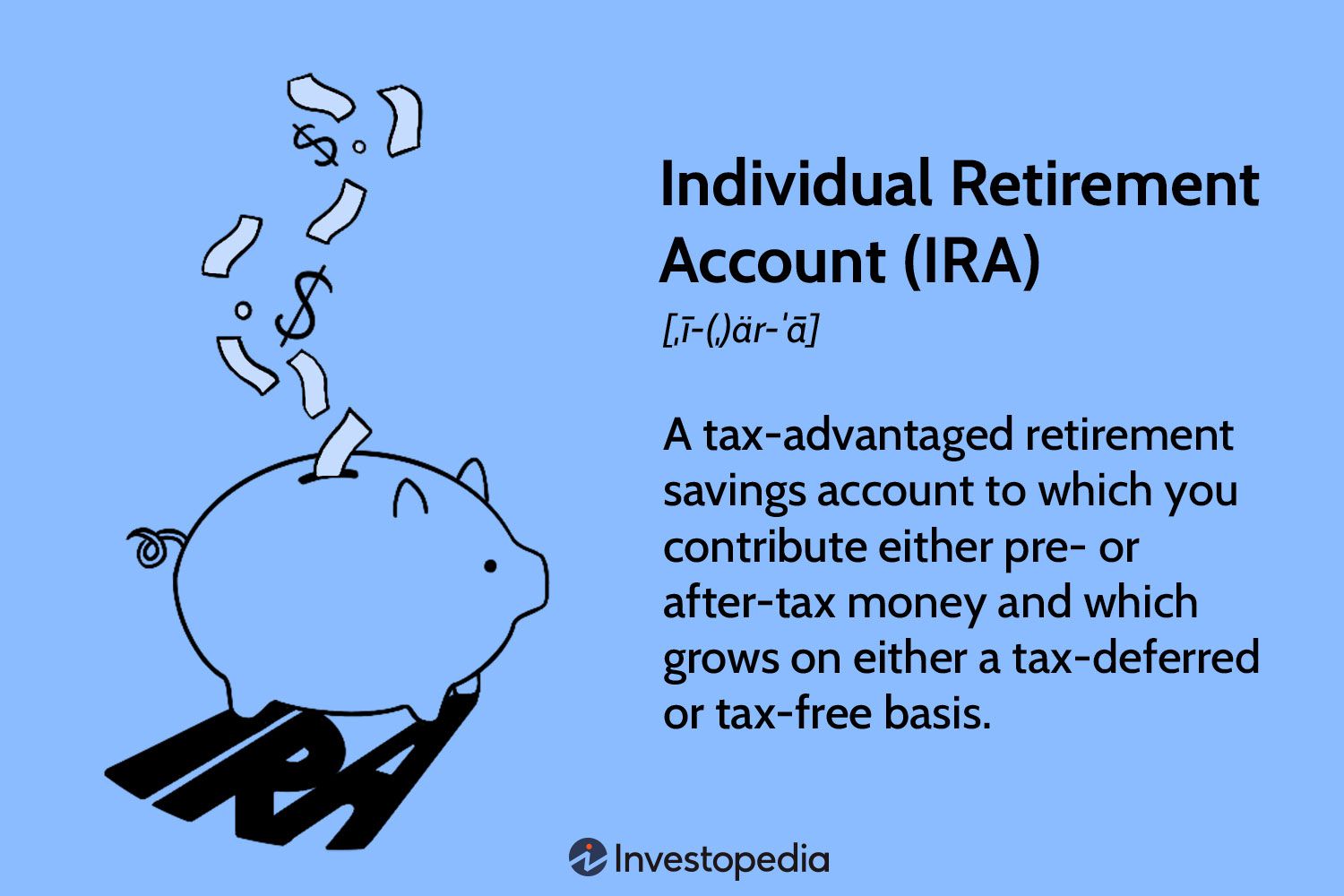Tax Benefits of Roth IRA
In this article, we will discuss the tax benefits of a Roth IRA and how it can help you optimize your retirement savings. A Roth IRA is a type of individual retirement account that offers unique advantages when it comes to tax planning and long-term wealth accumulation.
Tax-Free Growth
One of the key advantages of a Roth IRA is the potential for tax-free growth. Unlike traditional IRAs or 401(k) plans, contributions to a Roth IRA are made with after-tax dollars. This means that any earnings generated within the account, such as capital gains, dividends, or interest, can grow tax-free over time.
Tax-Free Qualified Withdrawals
Another significant benefit of a Roth IRA is the ability to make tax-free qualified withdrawals in retirement. To qualify for tax-free withdrawals, the account must be open for at least five years, and the account owner must be at least 59 ½ years old. Unlike traditional IRAs, where withdrawals are subject to ordinary income tax, qualified distributions from a Roth IRA are entirely tax-free.
No Required Minimum Distributions (RMDs)
Roth IRAs are not subject to required minimum distributions (RMDs) during the account owner’s lifetime. Traditional IRAs and 401(k) plans require individuals to start taking minimum distributions once they reach age 72. However, with a Roth IRA, you have the flexibility to leave your funds untouched for as long as you wish, allowing for potential continued tax-free growth.
Estate Planning Benefits
When it comes to estate planning, a Roth IRA can be a valuable tool. Unlike traditional IRAs, which may be subject to income tax when inherited by beneficiaries, Roth IRAs can be passed on tax-free. This means that your loved ones can inherit your Roth IRA and continue to benefit from tax-free growth and tax-free qualified withdrawals.
Flexibility and Contributions
Roth IRAs offer more flexibility when it comes to contributions. While there are income limits for contributing directly to a Roth IRA, there are no age restrictions. This means that as long as you have earned income, you can continue to contribute to a Roth IRA well into your retirement years. Additionally, Roth IRAs allow for penalty-free early withdrawals of contributions (not earnings) in certain circumstances, providing further flexibility.

A Roth IRA can provide significant tax benefits and flexibility for retirement planning. With tax-free growth, tax-free qualified withdrawals, no required minimum distributions, estate planning advantages, and contribution flexibility, it is an attractive option for individuals looking to optimize their retirement savings. Consider consulting with a financial advisor to determine if a Roth IRA is the right choice for you.
FAQS:
1. What are the tax benefits of a Roth IRA?
The tax benefits of a Roth IRA include tax-free withdrawals in retirement, tax-free growth of investments, and no required minimum distributions (RMDs) during the owner’s lifetime.
2. How does a Roth IRA differ from a traditional IRA in terms of tax benefits?
A Roth IRA provides tax-free withdrawals in retirement, while a traditional IRA offers tax-deferred growth and tax-deductible contributions. With a Roth IRA, you contribute after-tax money, but qualified withdrawals are tax-free.
3. Are contributions to a Roth IRA tax-deductible?
No, contributions to a Roth IRA are not tax-deductible. You fund a Roth IRA with after-tax dollars, so you don’t get an immediate tax break. However, the tax benefits come later during retirement.
4. Can I withdraw my contributions from a Roth IRA without penalties or taxes?
Yes, you can withdraw your contributions from a Roth IRA at any time without penalties or taxes. However, to withdraw the earnings tax-free, you must meet certain conditions, such as being at least 59 ½ years old and having the account open for at least five years.
5. Are there income limits for contributing to a Roth IRA?
Yes, there are income limits for contributing to a Roth IRA. For 2021, individuals with modified adjusted gross income (MAGI) above $140,000 (or $208,000 for married couples filing jointly) are not eligible to contribute to a Roth IRA directly. However, there are strategies like a backdoor Roth IRA conversion for high-income earners to still benefit from a Roth IRA.
6. Can I contribute to both a Roth IRA and a traditional IRA in the same year?
Yes, you can contribute to both a Roth IRA and a traditional IRA in the same year. However, your total combined contributions cannot exceed the annual contribution limit set by the IRS.
7. Are there any penalties for early withdrawals from a Roth IRA?
There are penalties for early withdrawals from a Roth IRA if you withdraw the earnings before meeting the qualified distribution criteria. You may be subject to income tax and a 10% early withdrawal penalty on the earnings portion withdrawn.
8. Can I convert a traditional IRA to a Roth IRA to enjoy the tax benefits?
Yes, you can convert a traditional IRA to a Roth IRA, but it will be considered a taxable event. You’ll owe income tax on the pre-tax contributions and earnings you convert. However, once the conversion is complete, future growth and withdrawals from the Roth IRA will be tax-free.
9. Are there any age restrictions for contributing to a Roth IRA?
There are no age restrictions for contributing to a Roth IRA as long as you have earned income. Unlike traditional IRAs, which have an age limit for contributions after reaching 70 ½, a Roth IRA allows contributions at any age.
10. Can I contribute to a Roth IRA if I have a retirement plan at work?
Yes, you can contribute to a Roth IRA even if you have a retirement plan at work. However, the ability to deduct contributions to a traditional IRA may be limited based on your income and participation in an employer-sponsored retirement plan.




